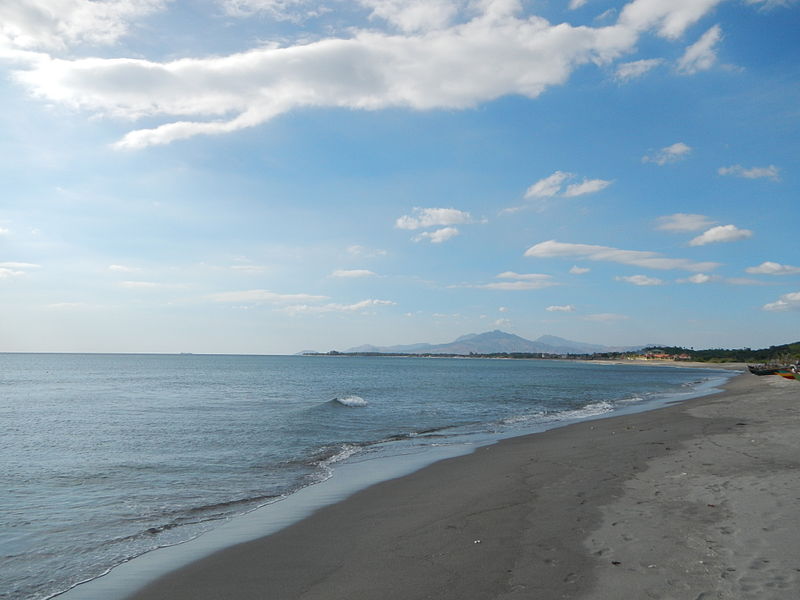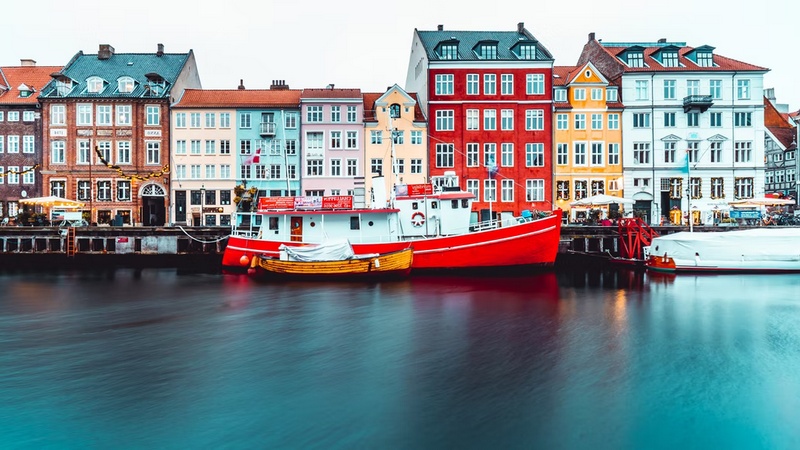March 16 NEC Energy News
¶ “Insanity Over Nuclear Energy: Inquirer” • The governments of the US and the Philippines have announced an agreement on the use of nuclear power. The Philippines tried to use nuclear power before, five decades ago. Generations of Filipinos were stuck with the bill for that white elephant. Now, the country is getting set to do the same thing all over again. [The Straits Times]

¶ “Cellular Tuna Coming Soon” • Finless Foods, a leading cellular agriculture company focused on seafood, announced the closing of a Series B raise of $34 million to expand its operations and produce cell-based tuna this year in the US. The goal is to grow tuna in a production facility using cellular culture, so the product comes from real tuna DNA. [CleanTechnica]
¶ “Volkswagen Says EV Operations Will Be Profitable Earlier Than Expected” • Volkswagen Group told the press that several of its electric car models, including the Porsche Taycan, are sold out through the end of 2022. High demand is helping its electric car business become as profitable as its conventional car business more quickly than expected. [CleanTechnica]
¶ “Denmark Targets 6 GW Of Electrolyzer Capacity By 2030” • The Danish government has reached an agreement to accelerate the development of green fuels, through a tender to support the construction of 4 GW to 6 GW of power-to-x capacity by 2030. Denmark will support hydrogen production, better framework conditions for producers, and other measures. [reNews]

¶ “Allergy Season Will Start Much Earlier And Be Far More Intense Because Of Climate Crisis, Study Suggests” • A study published in Nature Communications, found by the end of the century, pollen season could begin as much as 40 days earlier than it normally has in the US because of global warming. Pollen counts could climb by up to 250%. [CNN]
¶ “Australian Researchers Claim ‘Giant Leap’ In Technology To Produce Affordable Renewable Hydrogen” • Hysata, a company using technology developed at the University of Wollongong, said its patented capillary-fed electrolysis cells achieve 95% efficiency. The achievement could mean hydrogen costing A$2 per kg ($1.45 per kg) by 2025. [The Guardian]
For more news, please visit geoharvey – Daily News about Energy and Climate Change.
